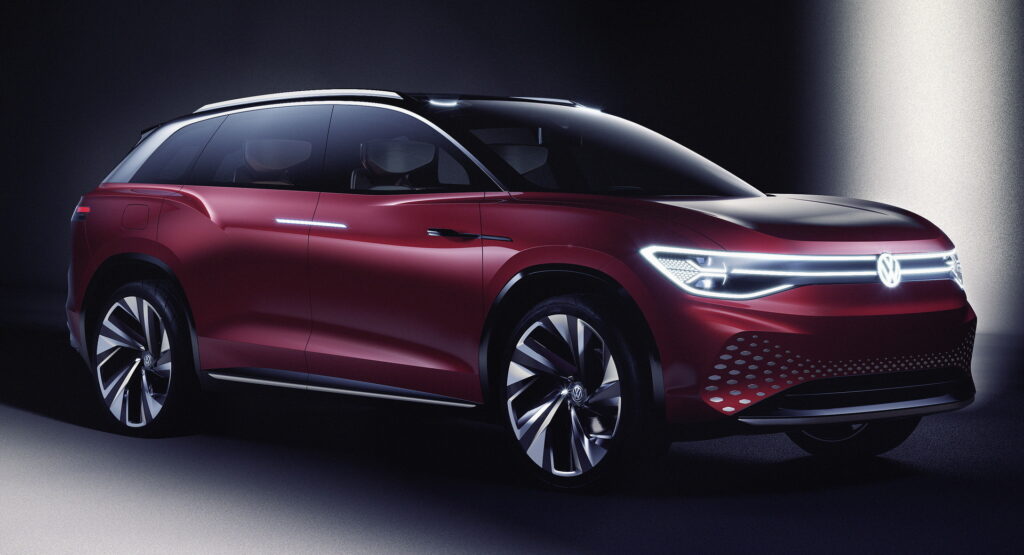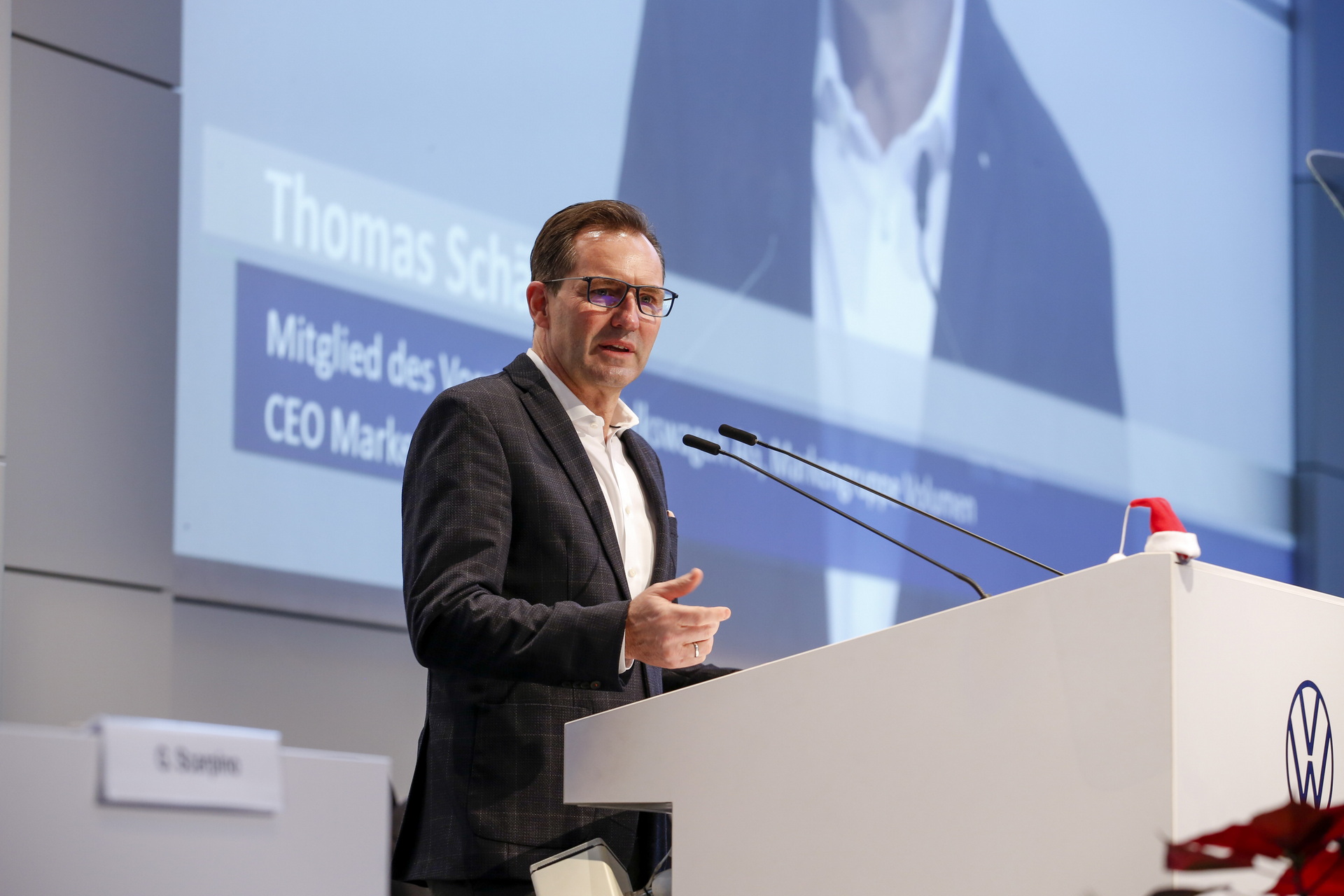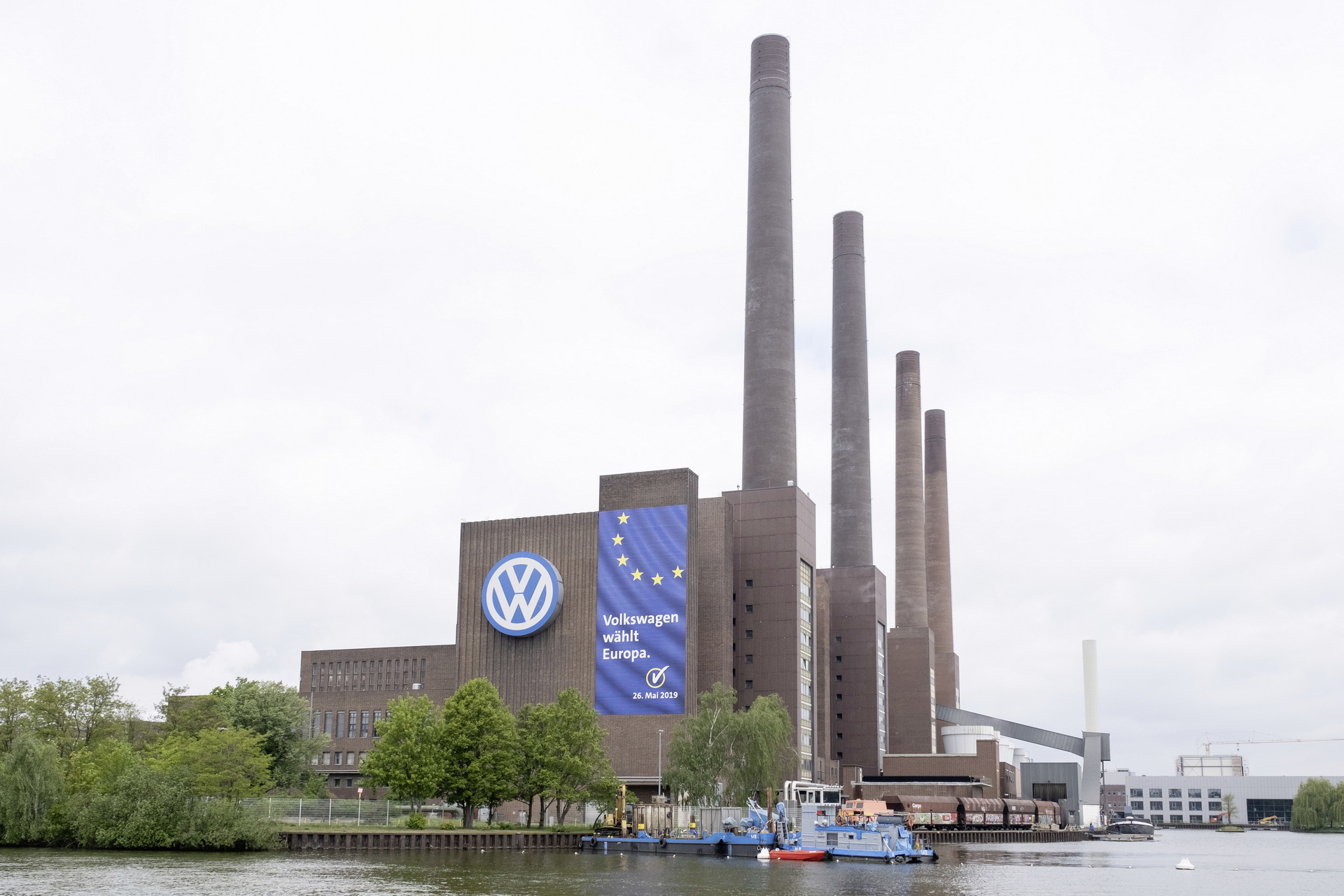Volkswagen announced this week that it will invest €460 million (equal to around US$485 million at current exchange rates) in its Wolfsburg plant in order to prepare it to build its first EVs. The plant will start producing vehicles based on the MEB platform in 2023.
The German automaker’s CEO, Thomas Schäfer, announced the decision to add electric vehicle manufacturing to the sprawling plant to its workers this week, saying that production of the ID.3 hatchback would begin in 2023, with full production expected in 2024.
“Volkswagen stands for electromobility for everyone. And Wolfsburg will be part of this success story,” said Schäfer. “The ID.3 ramp-up is the first important step towards the electrification of our main plant.”
Read: VW Could Delay Trinity EV Until 2030 And Scrap €2 Billion German Factory
He added that production will only expand from there. The ID.3 hatchback will be followed by an as yet unnamed crossover that will be based on the MEB+ platform. An evolution of the all-electric MEB platform, the update will extend ranges and improve charging times.
According to Volkswagen, the primary advantage of the MEB+ platform will be the new batteries. By utilizing its own “unit cell” technology, the automaker claims that its vehicles will be able to go up to 700 km (435 miles) per charge. When they do need to be refilled, vehicles using this technology will be able to charge at speeds of up to 200 kW.
“The new model would ideally complement our bestselling ID.4 and ID.5. This is how we intend to expand our market position further and give our customers the high-quality vehicles they expect from us,” said Schäfer.
The approach of the MEB+ platform does not yet mean that the regular MEB platform is dead. Volkswagen says that it intends to introduce 10 new electric models based on the platform by 2026, including an entry-level model priced at around €25,000 ($26,361 USD).
Looking a little farther down the road, Schäfer indicated that the Trinity vehicle project will also be produced in Wolfsburg. The new technology will introduce a Volkswagen Group-wide platform that is supposed to offer charging speeds that are as fast as refueling, high levels of automation, and more.
Reports suggest, though, that the project has been delayed from 2026 until 2030 due to the difficulties Volkswagen has had developing software for it. This announcement further suggests that the proposed €2 billion ($2.1 billion USD) plant has been scrapped in favor of updating its existing Wolfsburg plant.






